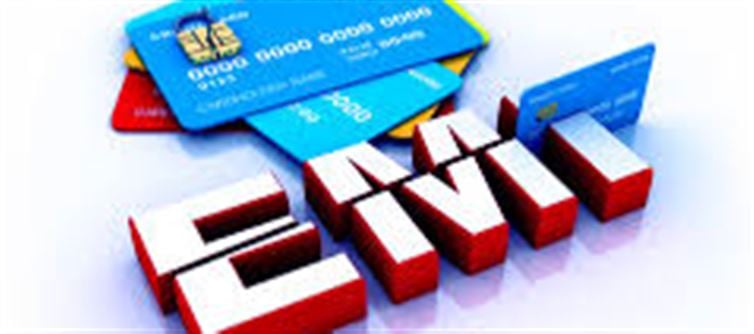
In today’s digital-first world, you don’t need a credit card to buy expensive items like smartphones, TVs, or appliances. Many banks now let you convert purchases on your debit card into EMIs (Equated Monthly Installments). But how does this affect your finances and credit score? Let’s break it down.
1️⃣ What is Debit Card EMI?
· Debit card EMI allows you to pay for a product in monthly installments instead of a lump sum.
· Banks partner with merchants to offer EMI options directly on your debit card.
· Tenures usually range from 3 to 24 months depending on the bank and product.
2️⃣ How Debit Card EMI Impacts Your CIBIL Score
· Unlike credit cards, debit card EMIs are linked to your savings account, not a credit line.
· Some banks report EMI repayments to credit bureaus, while others don’t.
· Timely payments can boost your credit history, but missing payments can negatively affect your CIBIL score.
3️⃣ Benefits of Using Debit Card EMI
· No need for a credit card: Convenient for users without credit history.
· Manageable cash flow: Spread payments over several months.
· Interest-free options: Some banks offer zero-interest EMI plans on certain products.
· Builds credit history: If reported to credit bureaus, helps establish or improve your credit score.
4️⃣ Risks You Should Consider
· Overdraft risks: Insufficient balance may lead to EMI bounce and penalties.
· Interest charges: Some plans charge hidden interest or processing fees.
· Impact on CIBIL: Missed or delayed payments can lower your credit score.
· Impulse purchases: Easy EMIs may encourage buying things beyond your budget.
5️⃣ Tips to Use Debit Card EMI Wisely
1. Check if the bank reports EMI repayments to credit bureaus.
2. Always maintain sufficient account balance to avoid bounced EMIs.
3. Compare EMI tenure and interest rates before opting in.
4. Stick to essential purchases to avoid overspending.
6️⃣ Key Takeaways
· Debit card EMIs are a convenient way to buy big-ticket items without a credit card.
· They can affect your CIBIL score, positively or negatively, depending on repayment behavior.
· Responsible usage ensures financial flexibility and better credit history over time.
Disclaimer:
The views and opinions expressed in this article are those of the author and do not necessarily reflect the official policy or position of any agency, organization, employer, or company. All information provided is for general informational purposes only. While every effort has been made to ensure accuracy, we make no representations or warranties of any kind, express or implied, about the completeness, reliability, or suitability of the information contained herein. Readers are advised to verify facts and seek professional advice where necessary. Any reliance placed on such information is strictly at the reader’s own risk.




 click and follow Indiaherald WhatsApp channel
click and follow Indiaherald WhatsApp channel